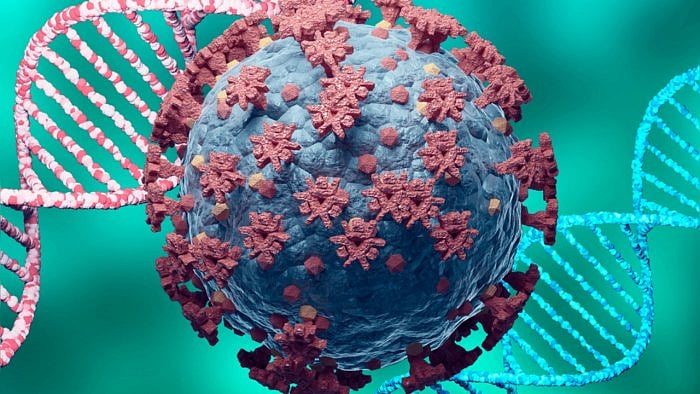
The World Health Organization (WHO) has switched to naming variants of the Covid-19 virus after letters of the Greek alphabet, with the B.1.617.2 variant of concern to be now known as the “delta” variant to guard against stigmatisation of countries or communities.
The WHO on its website said the names were chosen after discussions with experts from around the world who considered “easy-to-pronounce and non-stigmatising labels” that would be practical for “non-scientific audiences”.
Read | What we know about the B.1.617 Covid-19 variant
This comes at the back of a lot of criticism from the Indian government against referring to it as as a variant associated with India.
However, it is crucial to understand if this is a first for the global organisation?
While the move has little historical precedent, it does fall in place with the WHO’s new naming conventions, which advises neutral and generic terms that contain the disease and an arbitrary identifier like alpha and beta or 1, 2 and 3.
In the recent past the only popular use of this system has been to name the variants of the H1N1 flu, commonly called swine flu, with the other subtypes H1N2, H3N1, H3N2 and H2N3 commonly found circulating in pig populations all over the world.
Criticism over naming variants with countries?
The Indian government has been campaigning to scrub all references to B.1.617 variant as Indian as the WHO does not identify variants with countries as per the United Nations agency’s 2015 guidelines. The practice of naming diseases or variants after their place of origin has been known to stigmatise people from those places and incite racist attacks.
China too has been at the receiving end of backlash after it was reported that the first cases of the coronavirus emerged from Wuhan. Experts are still looking into the origins of this virus and where it may have come from.
How will variants be named according to this system?
Under the new naming system, the variants first discovered in the United Kingdom (B.1.1.7), South Africa (B.1.351) and Brazil (P.1) will now be known as “alpha”, “beta” and “gamma”, respectively.
In fact, the next six letters of the Greek alphabet have been used to name other variants of interests, including those that were first found in India, the United States, the Philippines and Brazil.
“No country should be stigmatised for detecting and reporting variants,” the WHO’s COVID-19 technical lead Maria Van Kerkhove tweeted on Monday.
